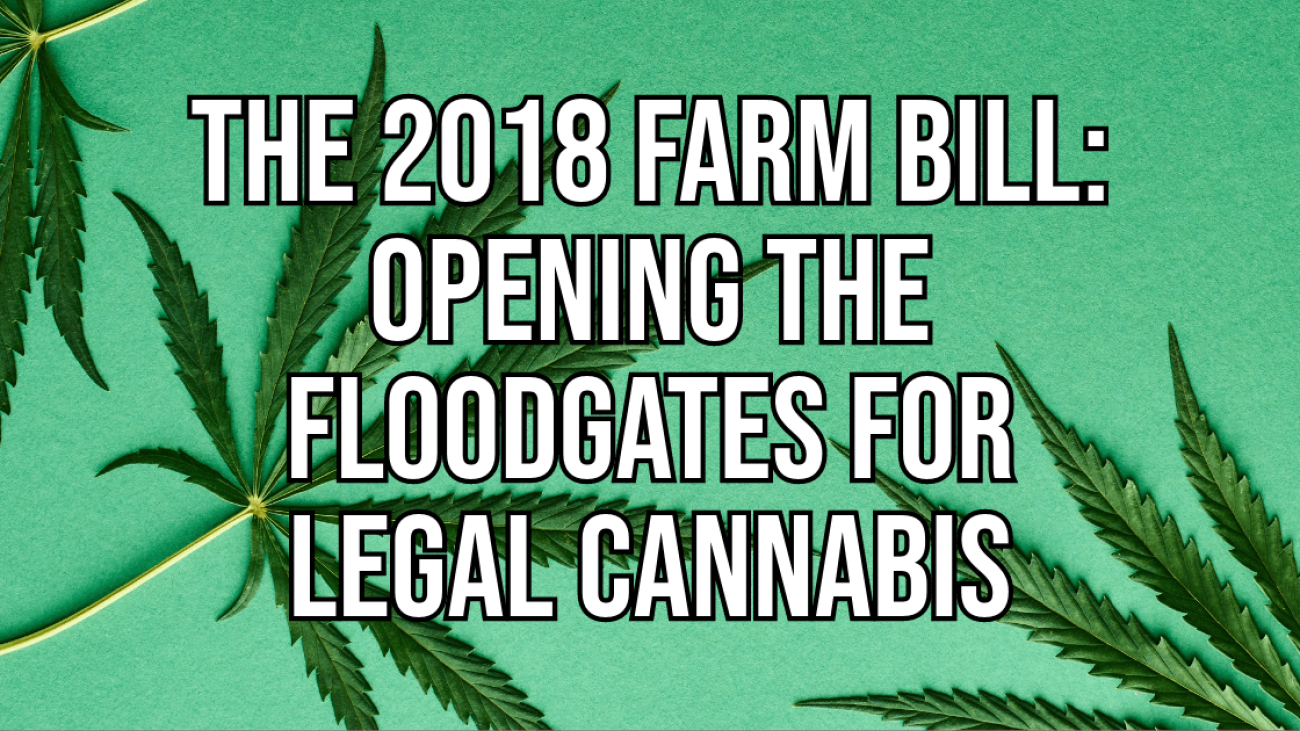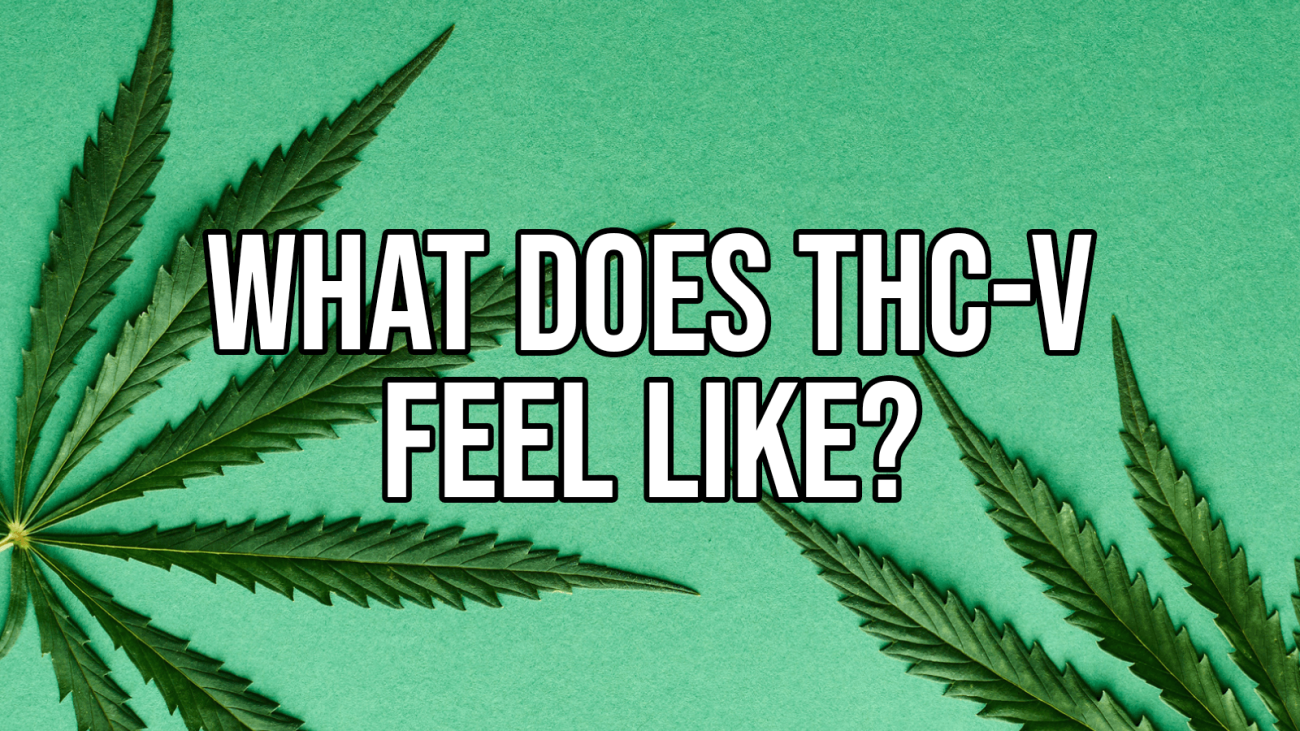In recent years, a seismic shift has taken place in the landscape of cannabis legislation. The passing of the 2018 Farm Bill marked a watershed moment for the legal cannabis industry, setting off a chain reaction that reverberated across the nation and beyond. This landmark legislation, officially titled the Agricultural Improvement Act of 2018, not only transformed the agricultural sector but also paved the way for the widespread acceptance and legalization of hemp-derived cannabis products and laid the foundation for a rapidly expanding market. Let’s explore The 2018 Farm Bill: Opening the Floodgates for Legal Cannabis.
The Dawn of a New Era
With the ink barely dry, the 2018 Farm Bill introduced a sweeping transformation in the legal status of cannabis. The bill, signed into law on December 20, 2018, by then-President Donald Trump, brought a significant shift in the perception of cannabis-derived products. While the bill did not legalize recreational marijuana use at the federal level, it did open the floodgates for hemp cultivation and the production of cannabinoid-infused products.
Hemp: From Prohibition to Prosperity
One of the pivotal changes brought about by the 2018 Farm Bill was the reclassification of hemp as an agricultural commodity. Hemp, previously grouped alongside marijuana as a controlled substance under the Controlled Substances Act, was finally recognized for its industrial and economic potential. This reclassification removed the legal barriers that had hindered hemp cultivation for decades, leading to a surge in hemp farming across the United States.
CBD and Delta 9 THC: The Rising Stars of the Cannabis Industry
Central to the post-Farm Bill landscape is cannabidiol, better known as CBD. This non-psychoactive compound found abundantly in hemp gained newfound legitimacy with the bill’s passage. The Farm Bill explicitly differentiated hemp from marijuana by defining hemp as cannabis containing no more than 0.3% THC, the psychoactive component responsible for the “high” associated with marijuana. This distinction effectively separated CBD-rich hemp from its intoxicating counterpart, allowing for the production and sale of CBD-infused products. This classification also allows for other items to be defined as legitimately marketed such as Delta 8 THC, Delta 9 THC, Delta 10 THC, THC-O, HHC, THC-V, THCA, and others.
Economic Impacts and Market Expansion
The 2018 Farm Bill set in motion an economic ripple effect that extended far beyond the agricultural sector. With hemp cultivation legalized, farmers found themselves with a versatile and potentially lucrative crop. The demand for legalized cannabis products, ranging from oils and tinctures to edibles and skincare, skyrocketed. This demand, in turn, spurred the growth of a diverse industry, from manufacturers and retailers to researchers and innovators.
Regulatory Challenges and Opportunities
While the Farm Bill was a transformative step towards the normalization of cannabis, it was by no means a carte blanche for unrestricted growth. The legislation left room for states to impose their regulations and restrictions on hemp cultivation and cannabis products. This patchwork of regulations created both challenges and opportunities for businesses and consumers navigating the evolving legal landscape.
The Road Ahead: Navigating the Green Wave
In the wake of the 2018 Farm Bill, the legal cannabis industry embarked on an unprecedented journey of expansion and exploration. As the market continues to evolve, businesses, entrepreneurs, and investors find themselves at the intersection of innovation and regulation. The Farm Bill’s legacy has ignited a profound change in public perception, pushing the boundaries of what was once considered taboo.
Conclusion
The passage of the 2018 Farm Bill undeniably marked a turning point in the history of cannabis legislation. With its forward-thinking approach, the bill opened doors to the legal cultivation of hemp and the widespread availability of CBD products. The economic impact and societal shifts brought about by the bill continue to reverberate through various industries, reshaping narratives and creating opportunities.



